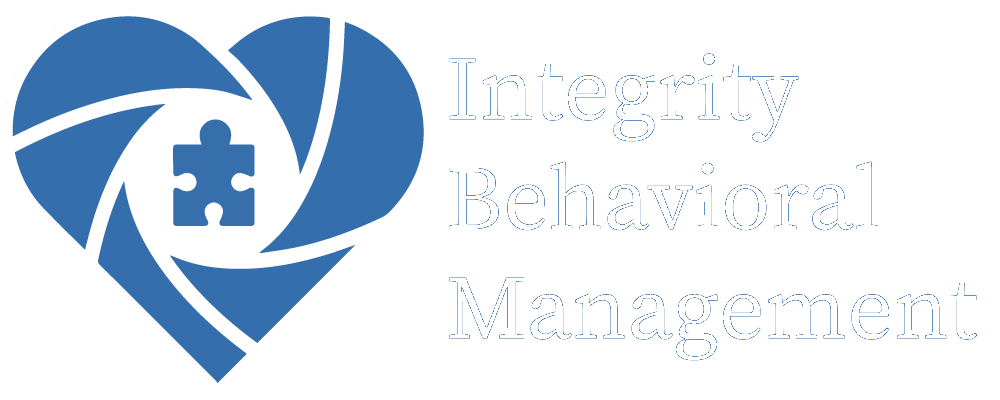Patience in recovery is a powerful and layered idea because it takes patience to heal physically, mentally, and relationally. Whether you’re talking about mental health, addiction, physical healing, or spiritual renewal. Here is a breakdown of what patience can mean in this process.
Emotional and Mental Recovery
Patience here means allowing yourself to heal at your own pace. Progress isn’t linear, there may setbacks, plateaus, and also breakthroughs.
- Key Idea: You’re not “behind.” You’re just in the process.
- Mantra: “Healing isn’t about speed, it’s about consistency.”
- Practice: Celebrate small wins, like getting out of bed, journaling, or showing up in therapy.
Physical Recovery
Injury, Illness or physical recovery takes time and patience for healing to occur. Impatience can lead to pushing too hard and delaying progress.
- Key Idea: Rest is part of healing.
- Mantra: “My body knows how to heal. My job is to support the healing process.”
- Practice: Be aware of physical ailments such as tiredness and pain.
Choosing addiction or sobriety
Patience here means learning to tolerate the discomfort. Resisting the urge for instant relief.
- Key Idea: Healing rewires the brain slowly.
- Mantra: “I’m building a life of impulse control.”
- Practice: Daily grounding, gratitude lists, and connecting with supportive communities.
Spiritual Recovery or Renewal
For people returning to faith or rebuilding their spiritual life, patience means that transformation unfolds in God’s timing.
- Key Idea: You’re rediscovering, not recreating.
- Mantra: “Be still and not know that I am God.” -Psalm 46:10.
- Practice: Prayer, quiet reflection, and gentle honesty with yourself.
Recovery isn’t about getting back to who you were, but becoming who you were created to be.





